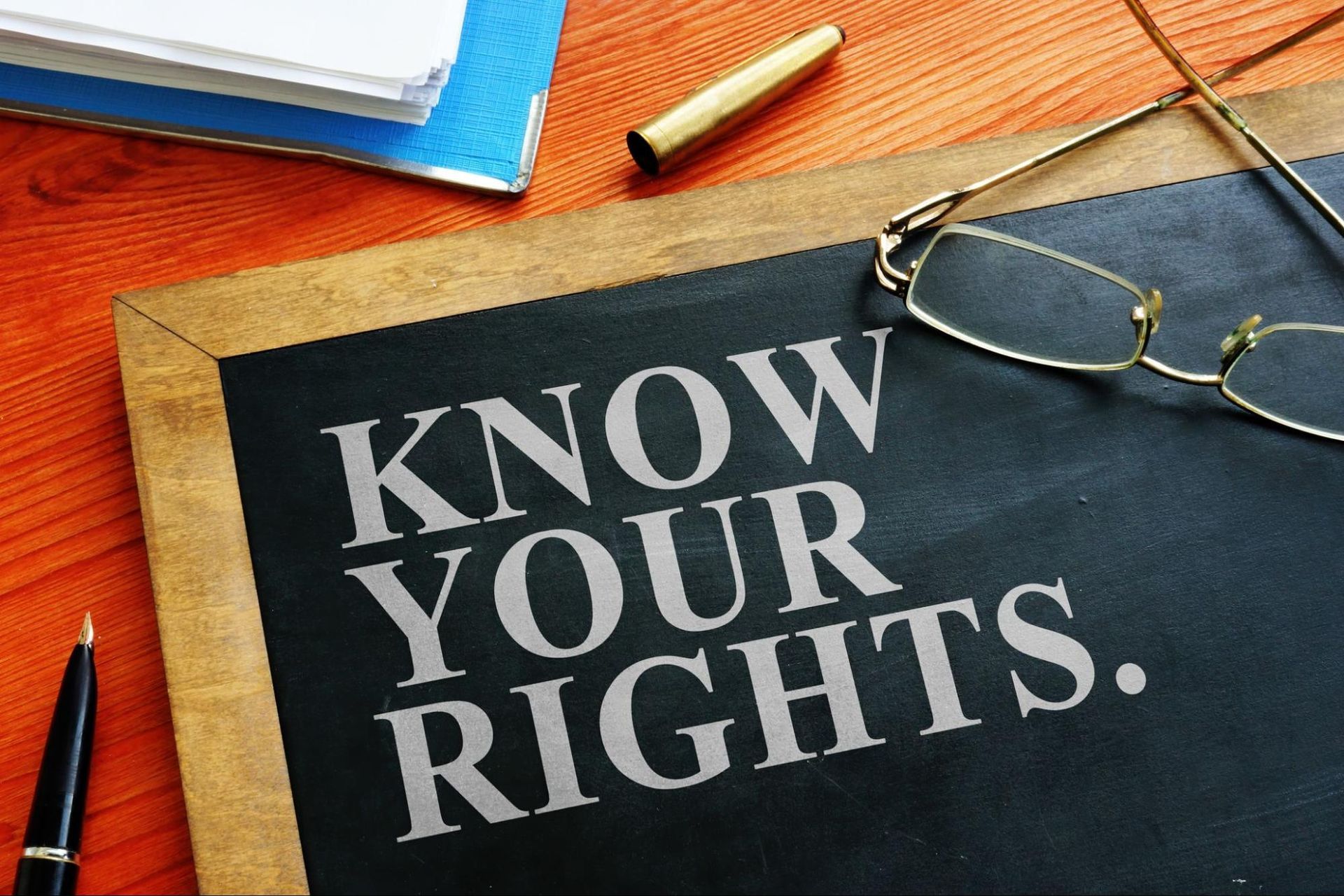Bipolar & Mood Disorder Lawyers in Ontario
We understand how difficult it is to experience an invisible illness and we have assisted many clients with their denied disability claims for bipolar or other mood disorders.
Mood disorders may affect a person’s ability to perform his or her activities of daily living and the ability to perform employment duties.
More about Bipolar & Mood Disorder claims
Mood disorders include major depression, dysthymia and bipolar disorder. Mood disorders are a real medical disorder and according to Johns Hopkins Medicine, most people with a mood disorder have ongoing feelings of sadness and may feel irritable, helpless and hopeless.
What are the most common types of Mood Disorders?
The most common types of mood disorders according to Johns Hopkins Medicine include major depression, dysthymia (chronic low grade depression), bipolar disorder, mood disorder related to another health condition (i.e. cancer) or substance induced mood disorder.
What are the symptoms?
Major depression involves symptoms of sadness, hopelessness, reduced interest in usual activities and other symptoms of depression, occurring for a period of 2 weeks or more.
What are the conditions?
Several medical conditions can trigger the onset of depression/ a mood disorder related to another health condition. These include chronic illnesses (diabetes, fibromyalgia), cancer, injuries and infections.
A substance induced mood disorder refers to symptoms of depression resulting from the effects of drug abuse, alcoholism, effects of medicine, exposure to toxins or other treatments.
Dysthymia
Dysthymia is a chronic, low grade depression that lasts for more than 2 years.
Bipolar Disorder
Bipolar disorder is a condition where people experience periods of alternating mood states, affecting how a person behaves, thinks and functions overall. People with bipolar disorder experience periods of depression and mania/hypomania. Mania/hypomania is when a person feels elated, may exhibit less need for sleep, racing thoughts, and seem to have a lot of energy. Depression is where the person experiences insomnia or oversleeps, loss of energy, feelings of guilt, inability to concentrate, suicidal ideation, loss of interest or pleasure in activities previously enjoyed.
Can you fight your insurer's decision?
If your claim for disability benefits has been denied, you can fight your insurer’s decision. Our lawyers have represented many clients with psychological illnesses successfully resolve their denied short-term and long-term disability claims for bipolar and mood disorders. We are available to speak with you and answer your questions.
*Information courtesy of Johns Hopkins Medicine












